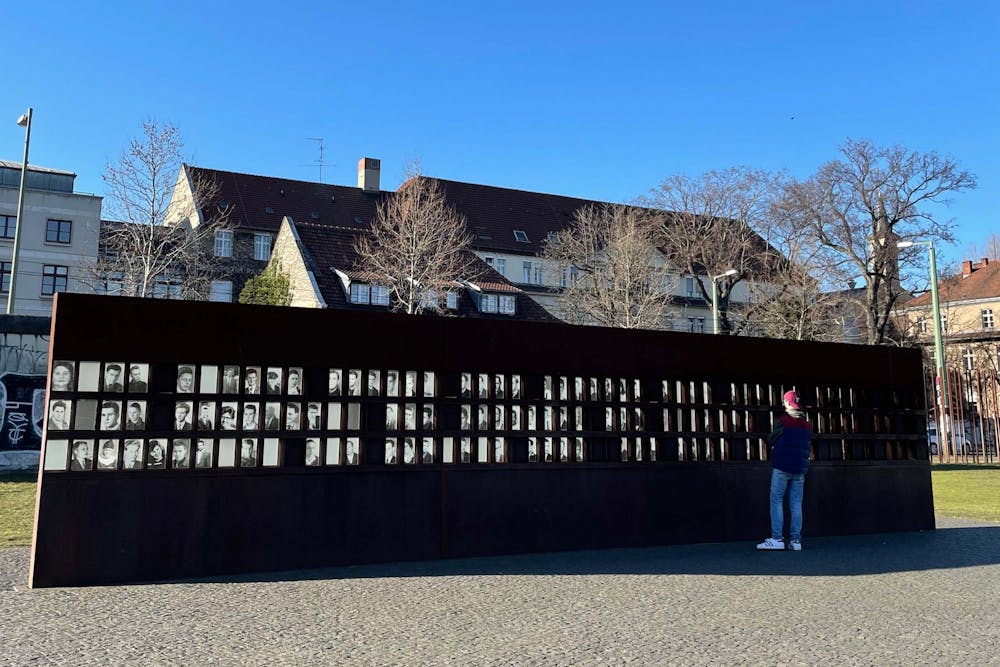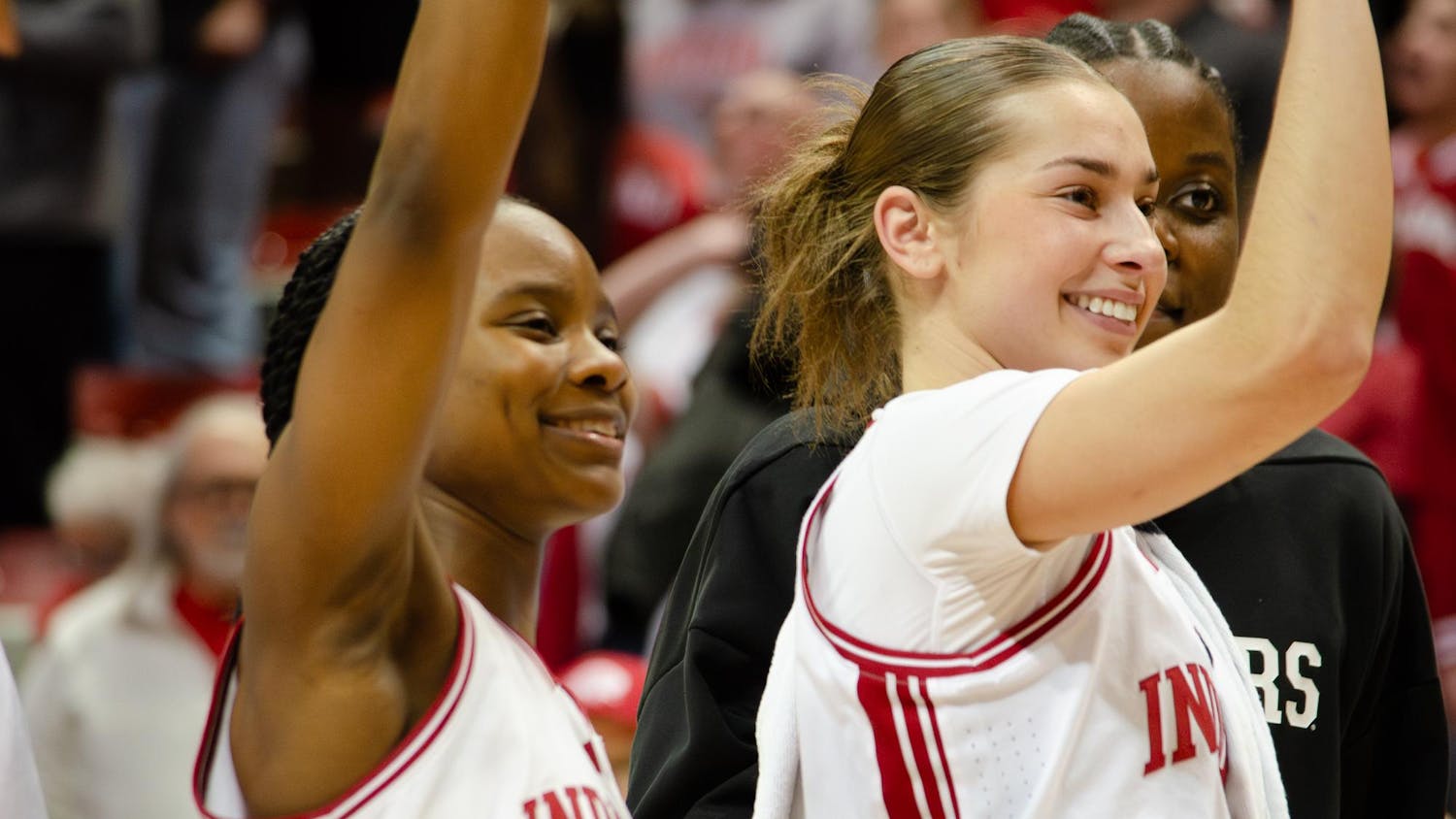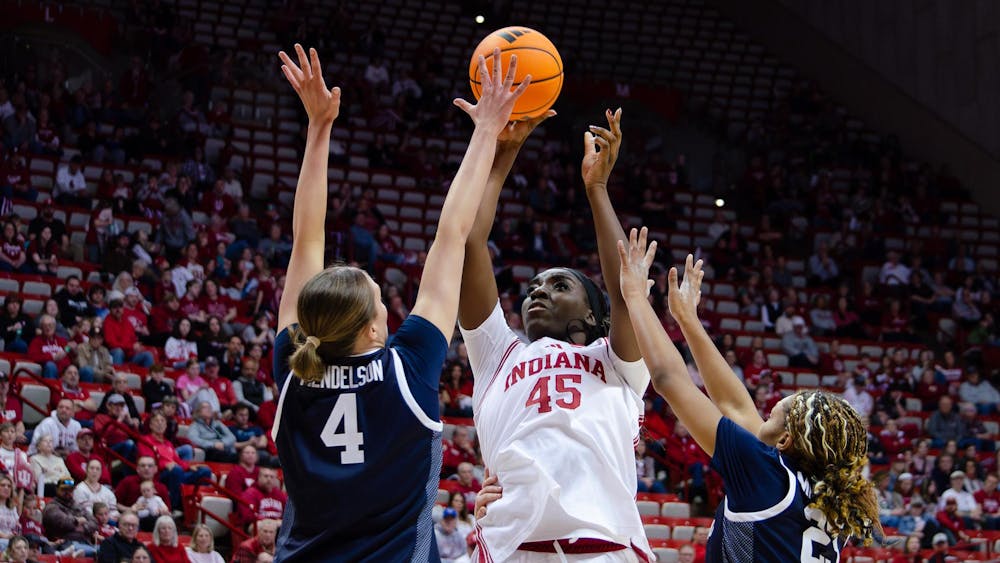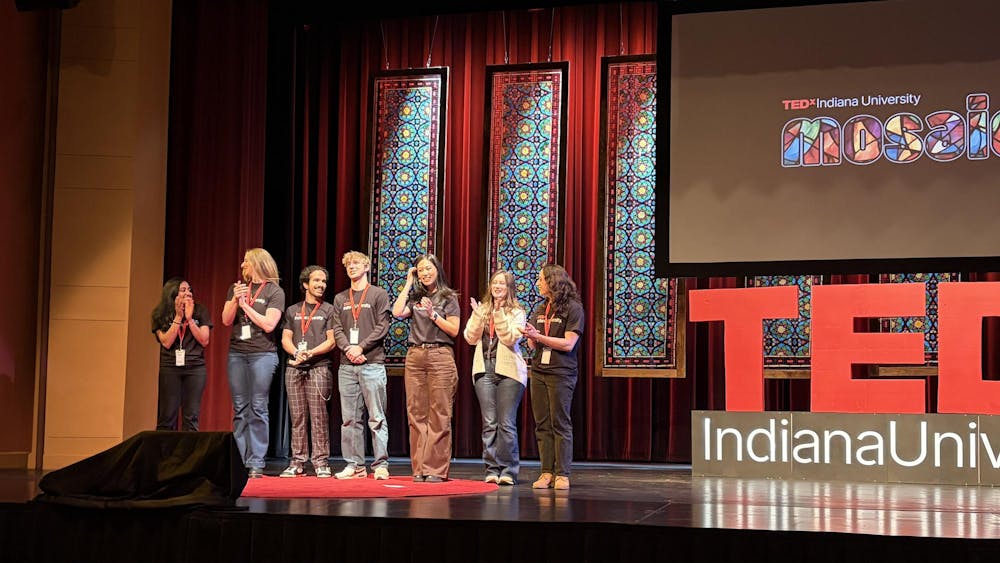For several weeks, I opened the New York Times app to inexplicable circumstances: a war resulting from Russia's unprovoked attacks on Ukraine. However, the thousands of miles between Bloomington and Kyiv made the war appear distant from college life.
Many U.S. citizens became concerned, as this conflict is portrayed as the beginning of the third world war. I applied to go abroad last semester with O'Neill International to Berlin to take a one-credit course focused on metropolitan development. When I registered for the class, there was no overarching European conflict I was aware of.
March 16 came quickly — the day I would depart for a once-in-a-lifetime opportunity. The unsettling Russia-Ukraine conflict and Germany’s level 4 travel advisory, meaning "do not travel" per the U.S. Department of State, did not calm my rising levels of anxiety.
My parents said they would support me with whatever option I picked: go and experience Germany or enjoy spring break at home. I decided to trust that O’Neill International would not support the course abroad if traveling was a horrible idea.
Within five hours of landing after a 17-hour travel day to Berlin, the war was closer than I ever expected. I was suddenly Poland’s length — a country the size of New Mexico — away from the war.
A night walk led me to Berlin Central Station. The train station was lit blue and yellow in support of Ukraine — the sheer amount of people overwhelmed me.
German citizens volunteered to distribute donated food, clothes and free train tickets to disperse the refugees throughout the country.
The realness of the situation in front of me hit harder than any article I read online.
I learned a big lesson that I told my dad about the following day: you should never doubt the power of mothers. Ukrainian President Volodymyr Zelenskyy called for males ages 18-60 to fight in the war. This was evident when looking at the female and child population inhabiting my surroundings. The women that made it to Berlin had a certain strength that was almost indescribable, showing no sign of degradation from the war zone.
This particular moment pulsated my experience abroad. I woke up and gained more cultural awareness than I ever expected a week prior.
Sitting in class with David Audretsch, O'Neill School of Public and Environmental Affairs faculty member, brought to life an experience of what living in Berlin was like when the wall was in place from 1961 to 1989. Audretsch shared personal experiences such as his wife being strip-searched at Checkpoint Charlie for safety reasons.
Outside of the IU European Gateway, located in Berlin where lectures took place, our group made two notable excursions: one to the Berlin Wall Memorial, where we learned of kids who died as a result of the Eastern and Western divide, and a trip to the Sachsenhausen work concentration camp.
This experience broadened my understanding of the Holocaust. Much like the Russia-Ukraine War, it is one thing to read or see online, it is another to experience and visualize the history in real life.
Nightlife is large in Berlin — Audretsch and program attendees will not deny it. Do not take advantage of IU study abroad opportunities for the sake of them being a cheap, fun way to go on a new adventure. Instead, go in with an open mind, and you might find yourself experiencing history and growing in ways you never imagined.
John Hultquist (he/him) is a junior studying community health with a double minor in urban planning and community development and nutrition.






